Getting around unfamiliar cities using public transport can feel like navigating a minefield while wearing a blindfold. What should be straightforward travel from one spot to another often becomes an expensive education about local ‘traditions’ that somehow never make it into travel guides. Tourist-targeting transportation schemes have grown more sophisticated alongside modern travel, becoming as refined as the cities that host them.
Here’s a list of 20 cities where public transport presents documented challenges for visitors, along with the inventive methods locals have developed to separate travelers from their cash.
Rome, Italy
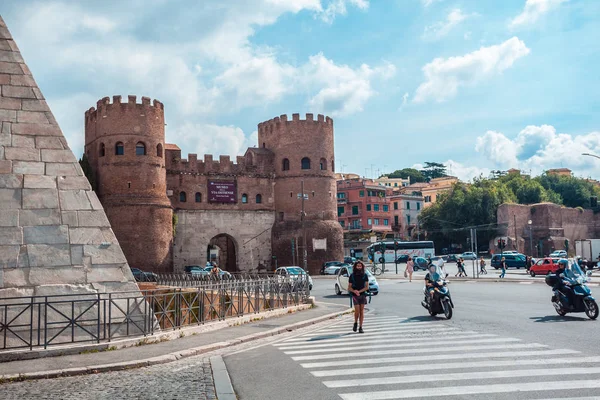
The Eternal City’s buses and metros attract unofficial ‘ticket inspectors’ who sport convincing uniforms and demand hefty fines from bewildered tourists. These imposters target crowded tourist routes, knowing visitors rarely question authority figures in foreign countries.
Real inspectors always carry proper identification and work in pairs, though fakes usually operate solo and pressure you for immediate cash payments.
Paris, France

Metro stations near major attractions, such as the Eiffel Tower, buzz with helpful locals offering assistance at ticket machines. These Good Samaritans often input the wrong destinations or purchase expensive day passes when they only need a single ride, yet the machines have English options available.
Legitimate staff wear official RATP uniforms, not casual clothes, with fake badges dangling from lanyards.
Like Travel Pug’s content? Follow us on MSN.
Barcelona, Spain
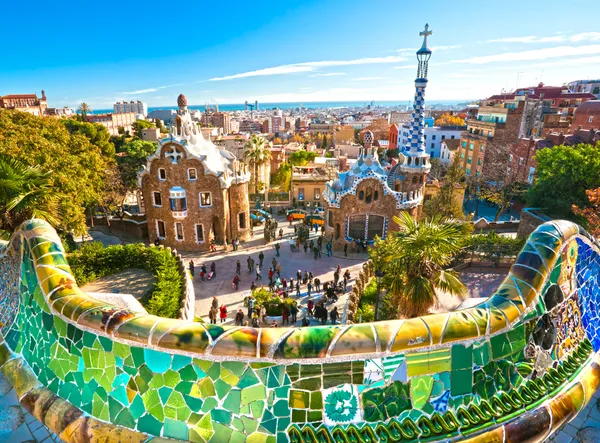
Pickpocket teams work crowded Metro lines with military precision, especially on the popular tourist route to Park Güell. One person creates a distraction by ‘accidentally’ bumping into you while their partner relieves you of valuables.
The key involves maintaining awareness in packed cars and keeping bags zipped and positioned in front of your body.
Prague, Czech Republic

Tram conductors occasionally charge tourists inflated prices for tickets, claiming special tourist rates that don’t exist. They’re counting on visitors not knowing local pricing and being too polite to argue, though standard tickets cost the same for everyone.
Prices are posted in multiple languages at stops and on vehicles.
Istanbul, Turkey
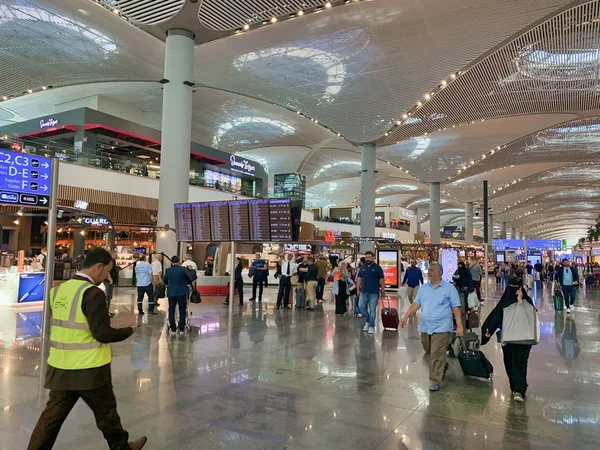
The ferry system connecting Europe and Asia has become a playground for currency exchange tricks targeting confused travelers. Unofficial money changers offer ‘better rates’ near ferry terminals — but use sleight of hand to shortchange tourists during transactions.
Local hospitality scams also involve friendly strangers suggesting expensive restaurant visits that end with shocking bills.
Like Travel Pug’s content? Follow us on MSN.
Bangkok, Thailand

Tuk-tuk drivers at major tourist stops quote reasonable prices yet take detours to gem shops or tailor stores where they earn commissions. What should be a 10-minute ride stretches into an hour-long sales pitch at overpriced businesses, though legitimate tuk-tuks use meters or agree to fixed prices without mysterious stops.
Delhi, India

Auto-rickshaw drivers often claim their meters are broken and negotiate inflated fixed prices with foreign visitors. The ‘broken meter’ excuse has become so common it’s practically a greeting for tourists stepping off planes, though working meters are legally required and readily available. Insist on using the meter or finding another ride.
Mumbai, India
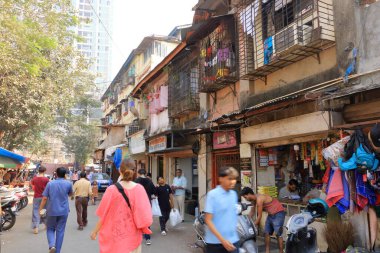
Local train stations feature helpful individuals who offer to guide confused tourists to the correct platforms for a small fee. These guides often lead visitors to more expensive express trains or first-class cars when cheaper options would work perfectly fine.
Platform signs include English, and railway staff wear official uniforms with visible identification badges.
Like Travel Pug’s content? Follow us on MSN.
Cairo, Egypt

Taxi drivers frequently take circuitous routes to tourist destinations, turning a direct 2-mile journey into a scenic 8-mile tour of the city. They assume foreign visitors don’t know the geography and won’t question extended ride time, though using ride-sharing apps or asking your hotel for recommended drivers helps avoid these creative navigation techniques.
Marrakech, Morocco

The petit taxi system operates on negotiated fares rather than meters, creating opportunities for creative pricing based on passenger appearance and destination. Drivers often quote prices several times higher than locals pay for identical journeys.
However, learning basic fare ranges from your accommodation or other travelers helps establish reasonable starting points for negotiations.
Hanoi, Vietnam

Airport taxi scams have become legendary at Noi Bai Airport, where drivers use rigged meters that escalate charges rapidly during short rides. A typical 10-minute journey can cost $50–$100 instead of the actual fare of $5–$10.
Many drivers also claim tolls and parking fees are extra when they’re already included in airport rates.
Like Travel Pug’s content? Follow us on MSN.
Cancun, Mexico

The infamous ‘taxi mafia’ operates sophisticated credit card scams at the airport, charging tourists hundreds of dollars for short rides through multiple card swipes, claiming connectivity issues. Official white taxis with green stripes should use published rate cards, but drivers often quote prices in pesos and then charge in dollars.
Pre-booking transfers eliminate most risks.
Riga, Latvia

Taxi drivers refuse to use meters or intentionally take longer routes to increase fares for tourists. Additionally, supposedly free walking tours end with aggressive pressure for generous tips, leaving visitors feeling uncomfortable about what seemed like a genuine cultural exchange.
Budapest, Hungary
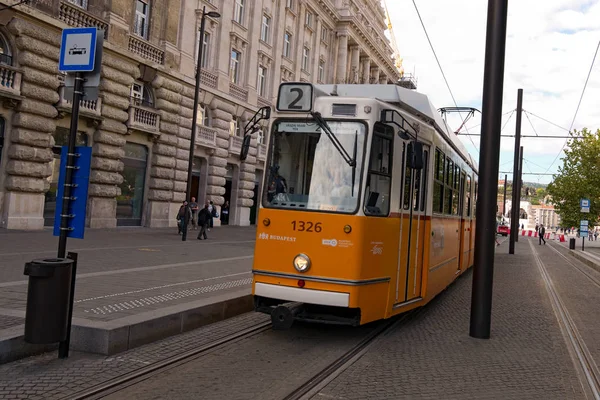
Restaurant bills near major tourist areas occasionally include sudden surcharges and extra service fees added without notice. While not strictly transport-related, this pattern extends to taxi drivers who add mysterious fees for luggage or late-night service that aren’t mentioned until arrival.
Like Travel Pug’s content? Follow us on MSN.
Hong Kong
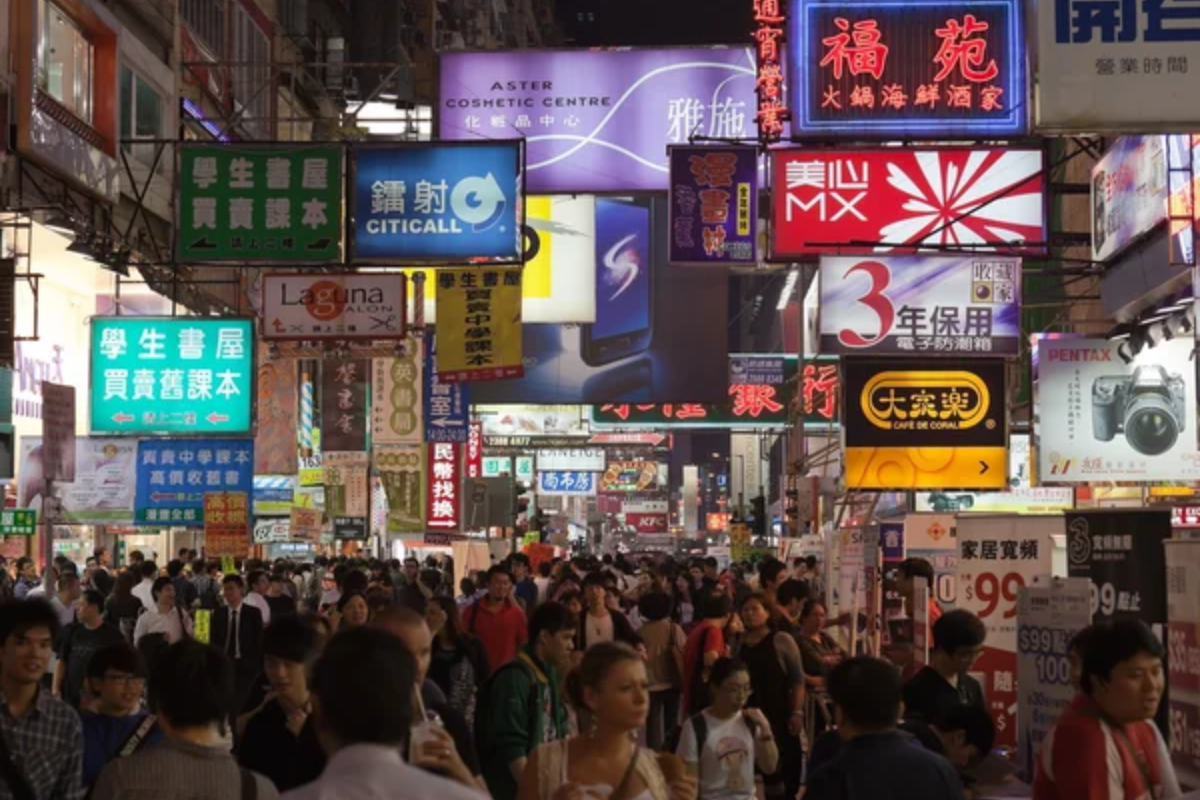
Transport-related fraud comprises varying percentages of reported cases, with taxi and car rental problems being less common here than in other major cities. However, tourists still encounter overcharging attempts, particularly during peak travel times or when traveling to less familiar destinations.
Berlin, Germany

Public transportation areas become venues for sophisticated confidence games, including shell games and pickpocket operations targeting tourists navigating the complex U-Bahn system. Local police actively educate the public about evolving scams, particularly around major tourist sites.
Venice, Italy
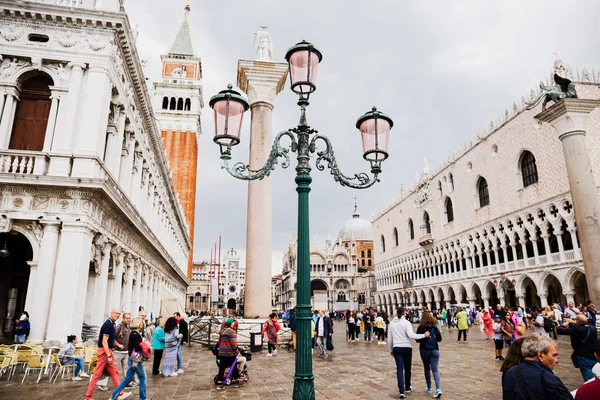
Water taxi operators and Vaporetto systems attract individuals posing as official ticket inspectors or city workers who demand immediate payment for fabricated fines. These scammers exploit tourists’ confusion about local water transport regulations and Venice’s complex ticketing system.
Like Travel Pug’s content? Follow us on MSN.
Ho Chi Minh City, Vietnam

Motorbike taxi drivers create artificial exchange rates by quoting prices to tourists in US dollars while charging locals in Vietnamese dong. This dual pricing system relies on visitors not understanding current exchange rates, often resulting in significantly inflated fares for identical journeys.
New York City, USA
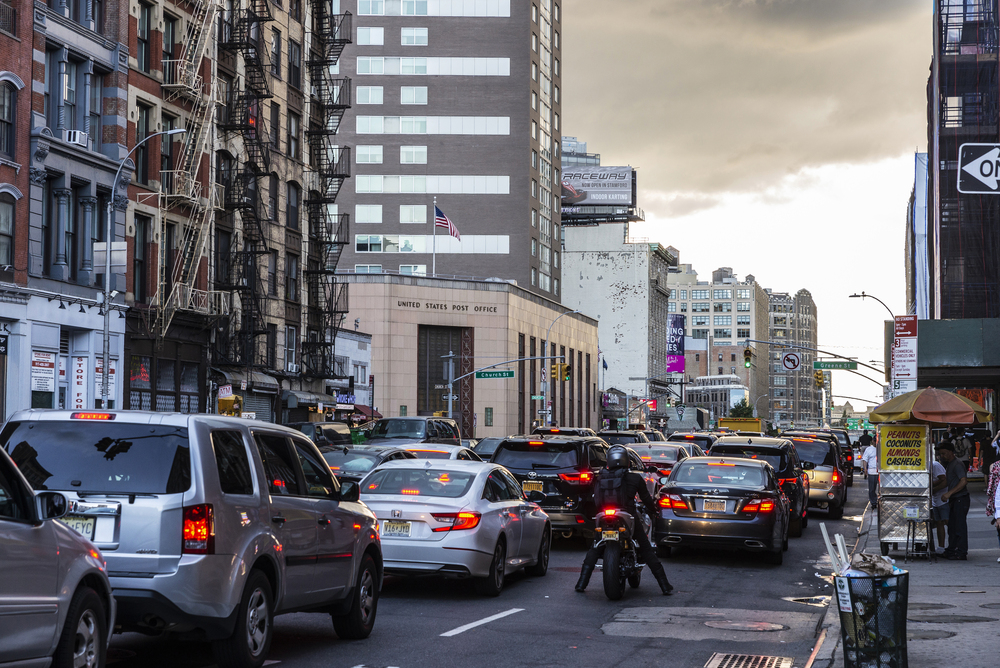
Metro stations in tourist-heavy areas, such as Times Square, often feature individuals selling prepaid metro cards for less than the advertised price or no value at all. Street performers can become aggressive when tourists photograph them, demanding tips of $10-20 rather than accepting smaller amounts.
Las Vegas, USA
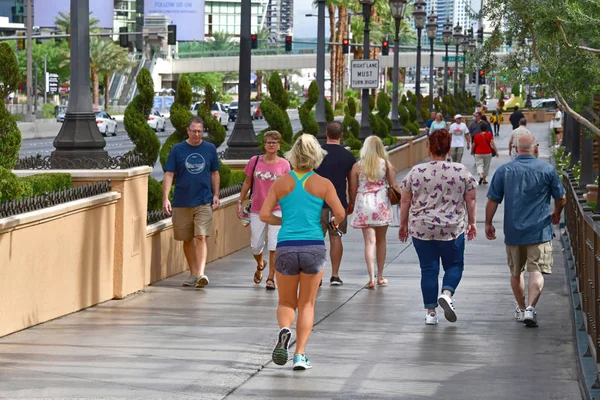
Transport hubs near major hotels often feature unsecured Wi-Fi hotspots designed to steal personal information from tourists’ devices. Additionally, unofficial transportation services target visitors leaving casinos, offering rides at inflated prices compared to legitimate taxi services.
Like Travel Pug’s content? Follow us on MSN.
The Evolution of Transit Trickery
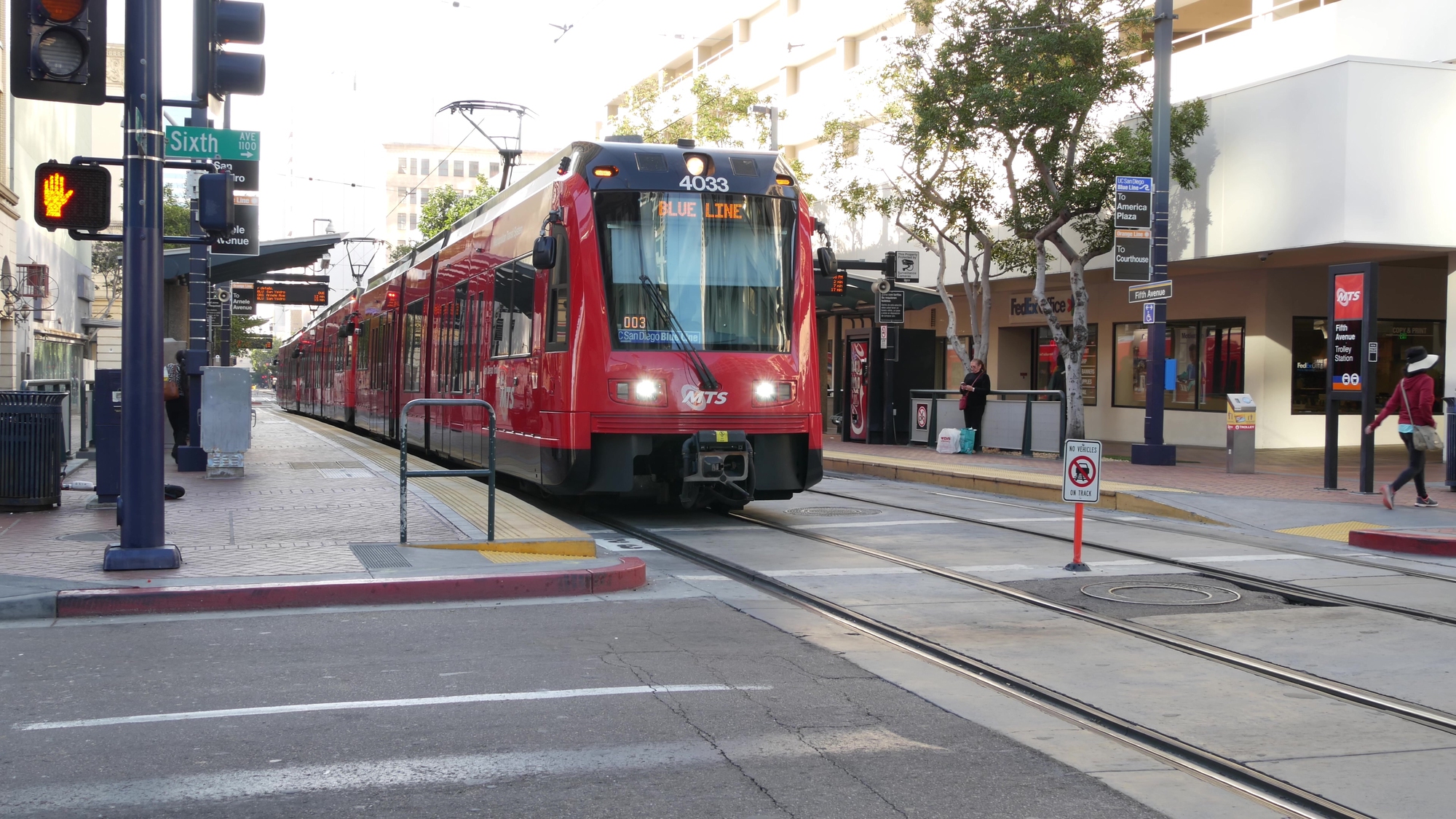
Transportation schemes have evolved from simple overcharging to elaborate theatrical performances involving costumes, props, and coordinated teams. What once required basic deception now incorporates technology, psychology, and detailed knowledge of tourist behavior patterns.
Modern travelers, armed with smartphone apps, translation tools, and online forums, find themselves better equipped to navigate these challenges than previous generations, who relied solely on guidebooks and local advice. Yet the sophistication of these operations continues to match technological advances, creating an ongoing game of cat and mouse between scammers and increasingly savvy travelers.
More from Travel Pug

- 20 Best Beach Towns in the Carolinas
- 13 Destinations Where Tourists Regularly Regret Their Trip
- 20 Things You Actually Get in First Class
- 20 Small Airports With Aviation Museums
- 20 Places in the U.S. That Are Perfect for a Reset Trip
Like Travel Pug’s content? Follow us on MSN.
